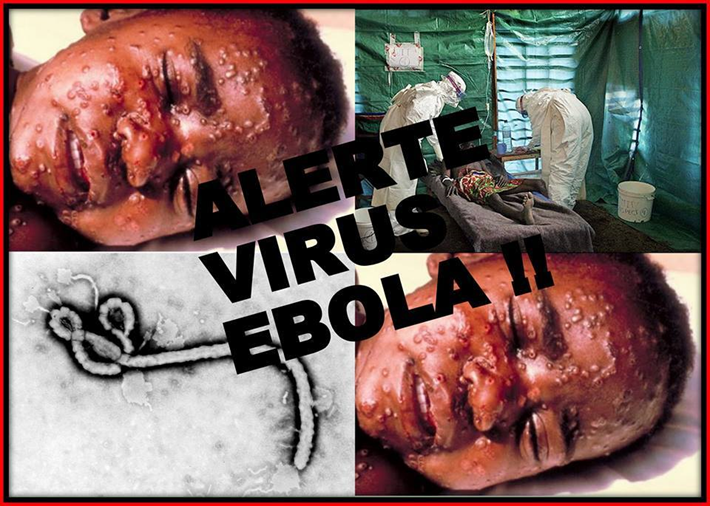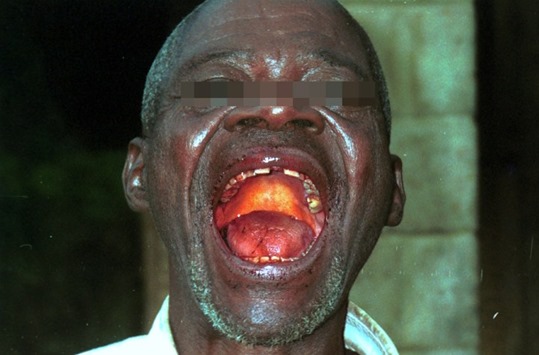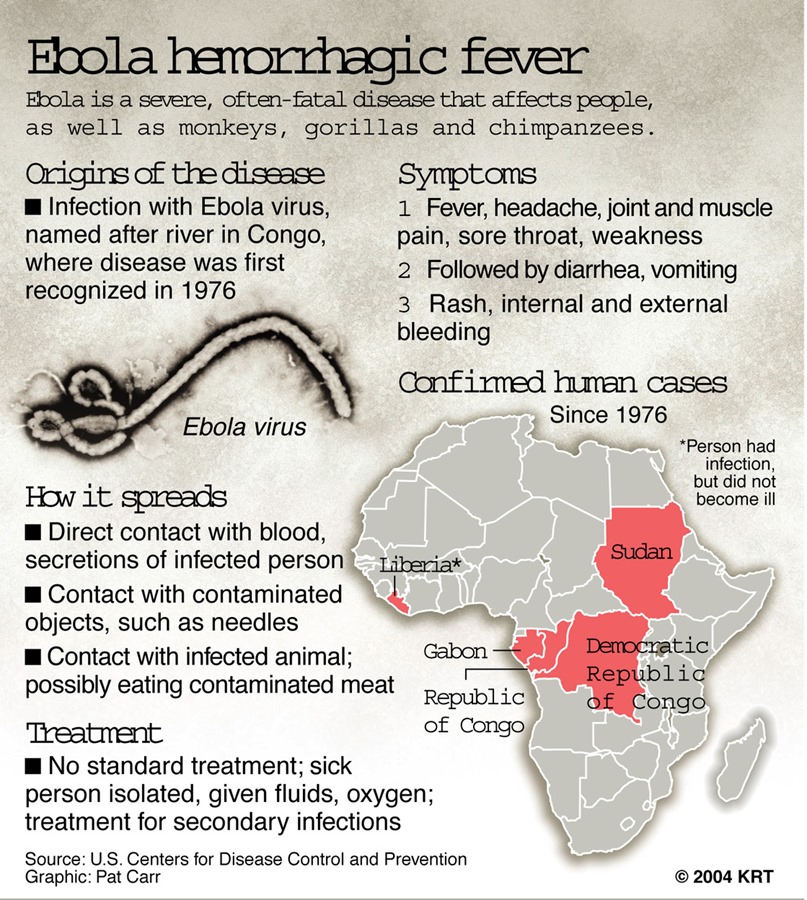Independent
August 18, 2014

Universities in the UK have been put on alert to be ready for a potential outbreak of the Ebola virus when the new term starts in September.
Universities UK, the umbrella body that represents vice-chancellors, has written to every university giving detailed guidance on how to deal with an outbreak. The decision was made to send out the guidance because universities are expecting thousands of new students to arrive from West Africa.
While the three countries which have seen the largest number of Ebola cases – Liberia, Guinea and Sierra Leone – have hardly any students enrolling at UK universities, Nigeria – which has had confirmed cases – is the fourth largest supplier of international students to UK universities. In 2012-13, the latest year for which figures are available, a total of 9,630 were enrolled.
A spokesman for Universities UK said: “The issue is very much on universities’ radars. We circulated to universities the publicly available guidance on the topic.”
The guidance makes it clear that anyone suspected of having Ebola should immediately be isolated in a side room away from any staff or student contact.

“The side room should have dedicated en-suite facilities or at least a dedicated commode,” it says. “The level of staff protection is dependent on the patient’s condition.” Those having any dealings with the patient must take careful hand hygiene precautions, wearing double gloves and a disposable visor.
The guidance reassures university staff: “Evidence from outbreaks strongly indicates that the main routes of transmission of infection are direct contact (through broken skin or mucous membrane) and indirect contact with environments contaminated with splashes or droplets of blood or body fluids.
“Experts agree that there is no circumstantial or epidemiological evidence of an aerosol transmission risk from patients.”
So far, there have been more than 1,060 deaths and 1,975 confirmed sufferers, but the World Health Organisation warns that the crisis is likely to continue for months.
The outbreak was first identified in March in Guinea.

